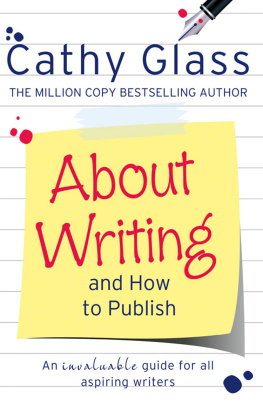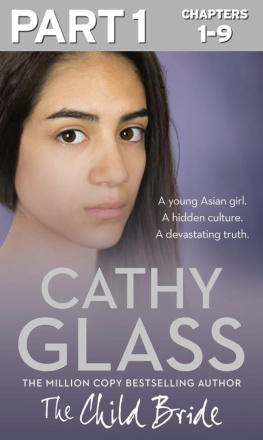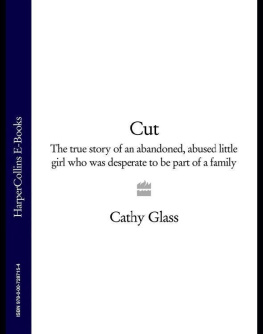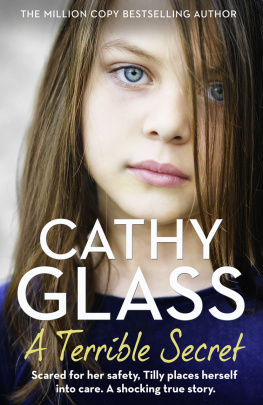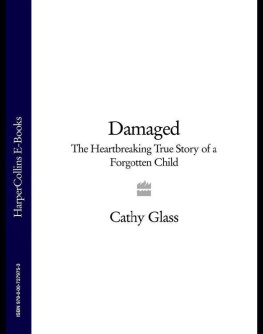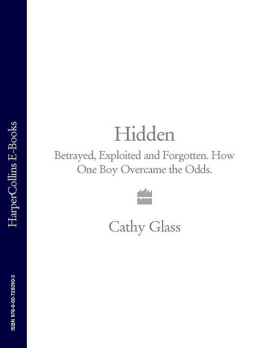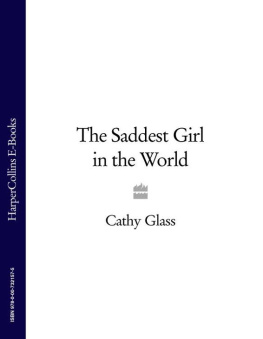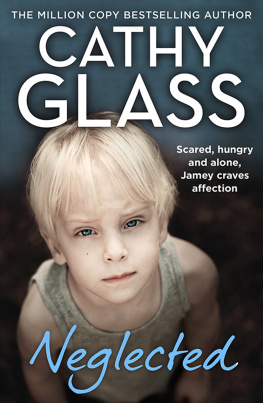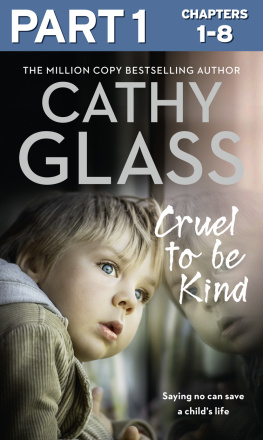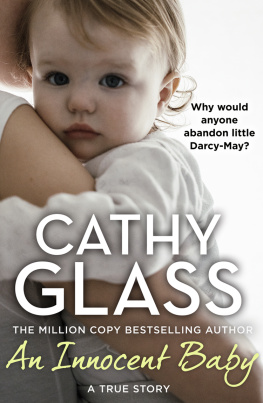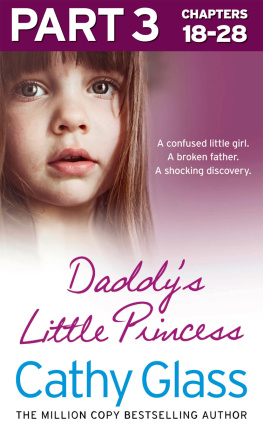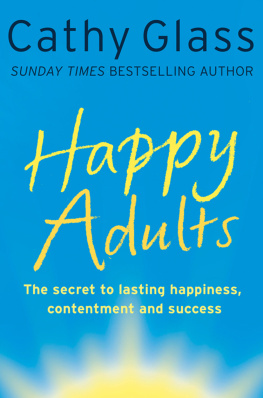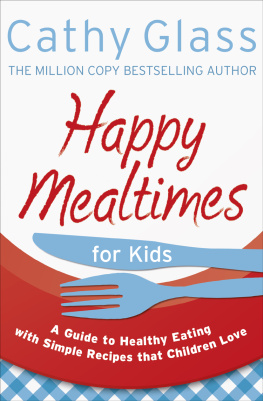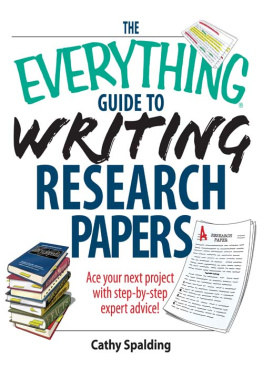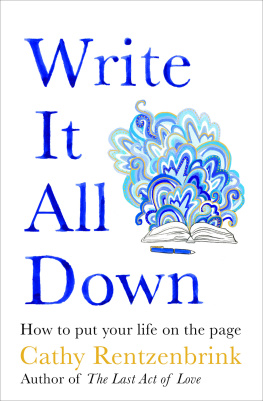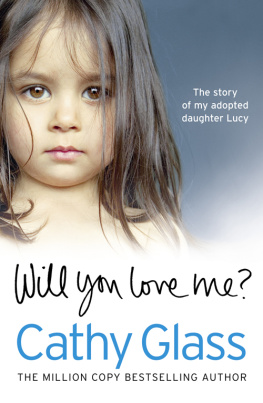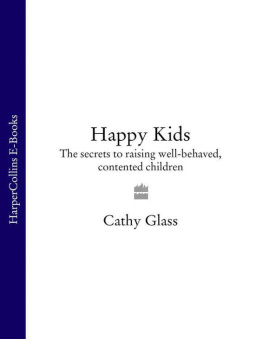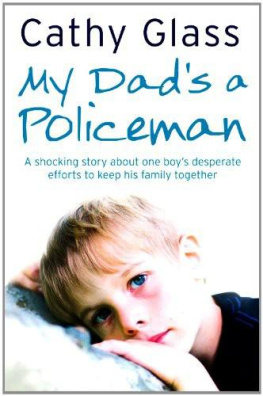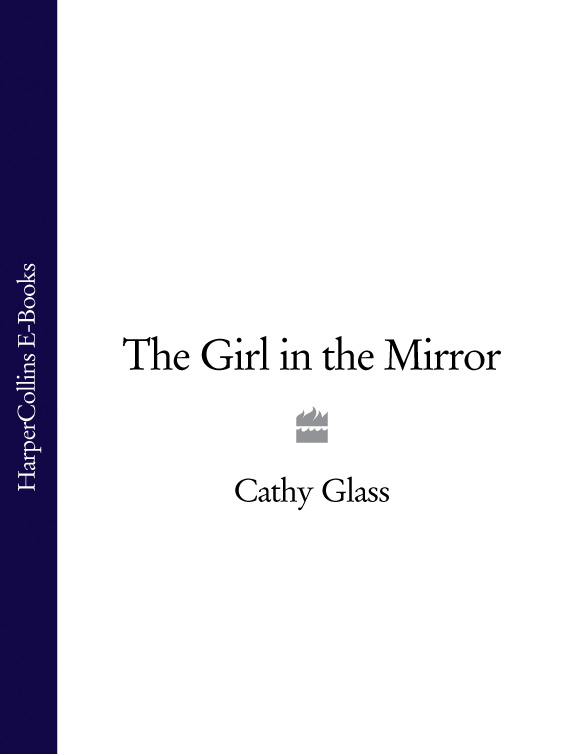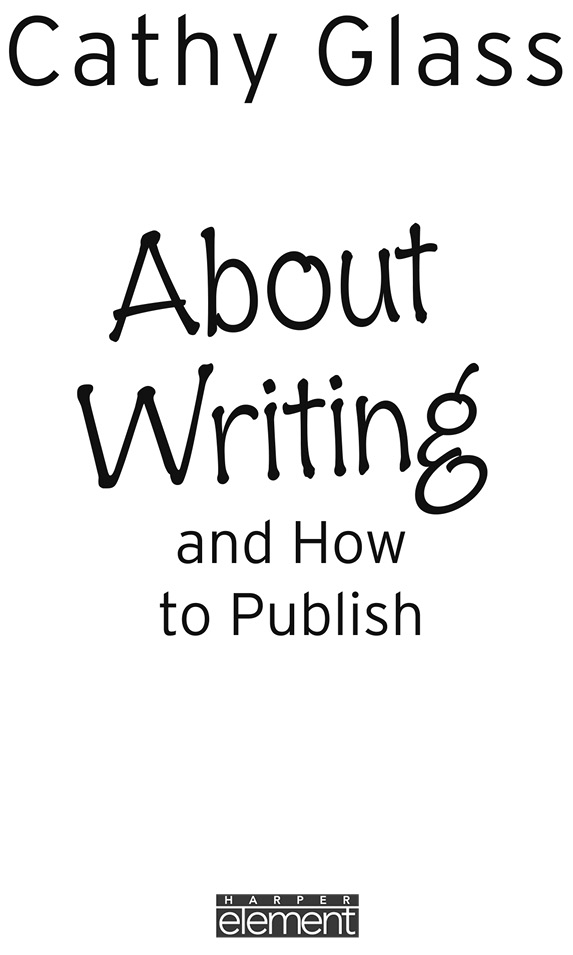
Damaged
Hidden
Cut
The Saddest Girl in the World
Happy Kids
The Girl in the Mirror
I Miss Mummy
Mummy Told Me Not to Tell
My Dads a Policeman (a Quick Reads novel)
Run, Mummy, Run
The Night the Angels Came
Happy Adults
A Babys Cry
Happy Mealtimes for Kids
Another Forgotten Child
Please Dont Take My Baby
Will You Love Me?
A big thank-you to my readers for insisting that I write this book. It is one I have wanted to write for some years, but it took my readers encouragement to make me find the time.
My thanks as always to my editor Holly, my literary agent Andrew and to Carole, Vicky, Laura, Hannah, Virginia and all the team at HarperCollins. I certainly couldnt have done it without you!
I receive many emails asking for advice on writing, and many of those Ive helped have gone on to publish their work. Unfortunately, I dont have the time to help everyone who contacts me asking for advice, so Ive written this book, which I think will help all you budding writers. But first, a few words about me the author.
I have been a writer for as long as I can remember. To begin with, I published poems and short articles in the school magazine, and also kept a detailed diary. In my teens I progressed to writing short stories, newspaper articles and a few radio plays, and began to enter writing competitions. Then, in my early twenties, I wrote a full-length book. So writing has always been there in my life. However, for me, as for many, it was initially a hobby; something I did in my spare time while I earned a living and then later fitted around being a mother and foster carer. It wasnt until I wrote my first bestseller an inspirational memoir that I began to claim time for writing, although even now, seventeen books later, my writing time is still early in the morning so that it doesnt impact on my family commitments. It is also the only time the house is quiet and my thoughts uncluttered. I have three grown-up children, and many of my books have become international bestsellers. For more about me and my work, please visit my website: www.cathyglass.co.uk.
The simple answer is that you write because you want to; because you have a compulsion, a desire often a burning desire to share your thoughts, ideas and experiences through writing. Its like an itch that wont go away and will only be relieved when you put pen to paper or start typing. If you are thinking of writing to make a fortune, forget it. While top journalists and a few bestselling authors make a good living with a lot of hard graft from their writing, the majority do not. Less than 1 per cent of published authors earn the minimum wage; that is, enough to live on.
Most authors, therefore, write for reasons other than money although of course its nice to be paid, and if you have a piece of work published then you should be paid. With so little chance of receiving reasonable remuneration for their work, why do people write? Depending on the genre you choose (genre meaning the category your writing fits into; for example, a memoir or novel), the reasons for writing vary. These may include:
A wish to share experience; for example, by writing a true-life story.
To entertain others with novels, plays, sketches and short stories.
To educate, warn or inform others through writing general non-fiction.
To raise public awareness; for example, by writing articles on subjects you feel strongly about.
To promote a good cause; for example, by writing and producing campaign literature.
To heal yourself through diary or memoir writing.
To share and preserve a persons history through biographical writing.
To express deep feelings and emotions through poetry.
Regardless of which genre you are writing in, you will find the creative process truly amazing as notions, thoughts, settings, characters and descriptions miraculously rise from your subconscious and materialize into words. I am still amazed by the creative process, even after thirty years of writing. Its as though someone else takes over and guides my hand, which in a way they do that someone is my subconscious. But more on that later. Lets get started with that important first step and start writing.
First step
Many of the emails I receive from those seeking help and advice about writing ask: How do I begin? The person has the desire to write, they have done any necessary research and their ideas have reached fruition, but they just cant seem to get started. The spirit is willing, but the flesh is weak. As writers, weve all been there. You can think of any number of reasons why you shouldnt start writing, from changing a light bulb to washing the car or clearing out the cellar. Everything seems more urgent than sitting down to write. This is largely due to being afraid of writing and failing. While your thoughts are safely in your head they are marvellous, original and like nothing else anyone has ever written before, but as you set them down on paper they become less wonderful. Maybe even insipid and uninspiring. Surely everyone elses writing is better than yours? Do you really have a story to tell? Who would want to read this? You lose faith in your ability to write and tear up your work, or press the delete key and start all over again, often with the same result. Sometimes, overwhelmed by the enormity of the task, we dont start at all and our masterpieces remain firmly in our heads. As Steven Wright, the American comic and writer, said: Im writing a book. Ive got the page numbers done. All writers have experienced writers block, as its referred to. Dont worry; it can be unblocked.
This is what you do: choose a quiet place where you intend to write. Its a good idea to use the same place (and time) each day for your writing so that you fall into a writing routine. Ill explain more about that shortly. Now, pick up your pen or switch on your computer and, thinking of the story you want to write, start writing down the words that come into your head. Dont worry if what you have written doesnt make much sense, seems irrelevant or contains poor grammar; youll sort all that out later when you rewrite. The main objective has been achieved you are writing. Let the words flow however they care to, just as they come. Then give yourself a pat on the back the creative writing process has begun.
If nothing comes into your head then try one of the following exercises to kick-start your subconscious into action:
- Think back to your earliest memory and describe the scene in a small paragraph (about six sentences). When you have finished that scene, add a what if. What if I had done or said this instead of that? What if I had taken a different route? What if that person hadnt been there? Now write another small paragraph describing the outcome. This is obviously pure fantasy, so you are writing creatively, imaginatively and from your subconscious.
- Once youve finished your what if, turn your thoughts to the story you want to write and construct a small paragraph applying the same what if principle. The scene you choose doesnt have to take place at the beginning of your book; just write whatever comes into your head. Well done, you are writing creatively.
- Describe an object you can see; for example, a table or an apple in the fruit bowl. Imagine the person who made that object or picked the apple and write a paragraph about him or her. Obviously you are unlikely to know anything about that person, so you are writing creatively. Once the words are flowing, turn your thoughts to your story and write a paragraph as above, applying this imaginative approach to your characters.

